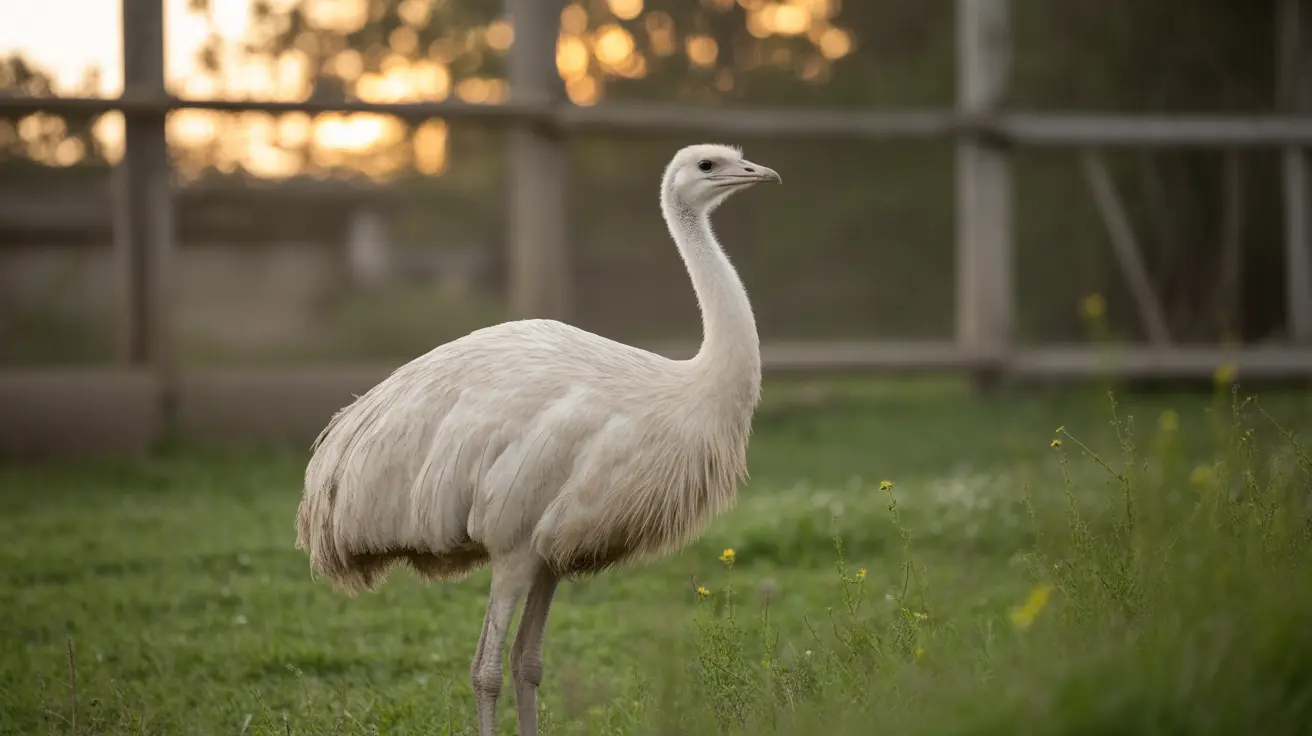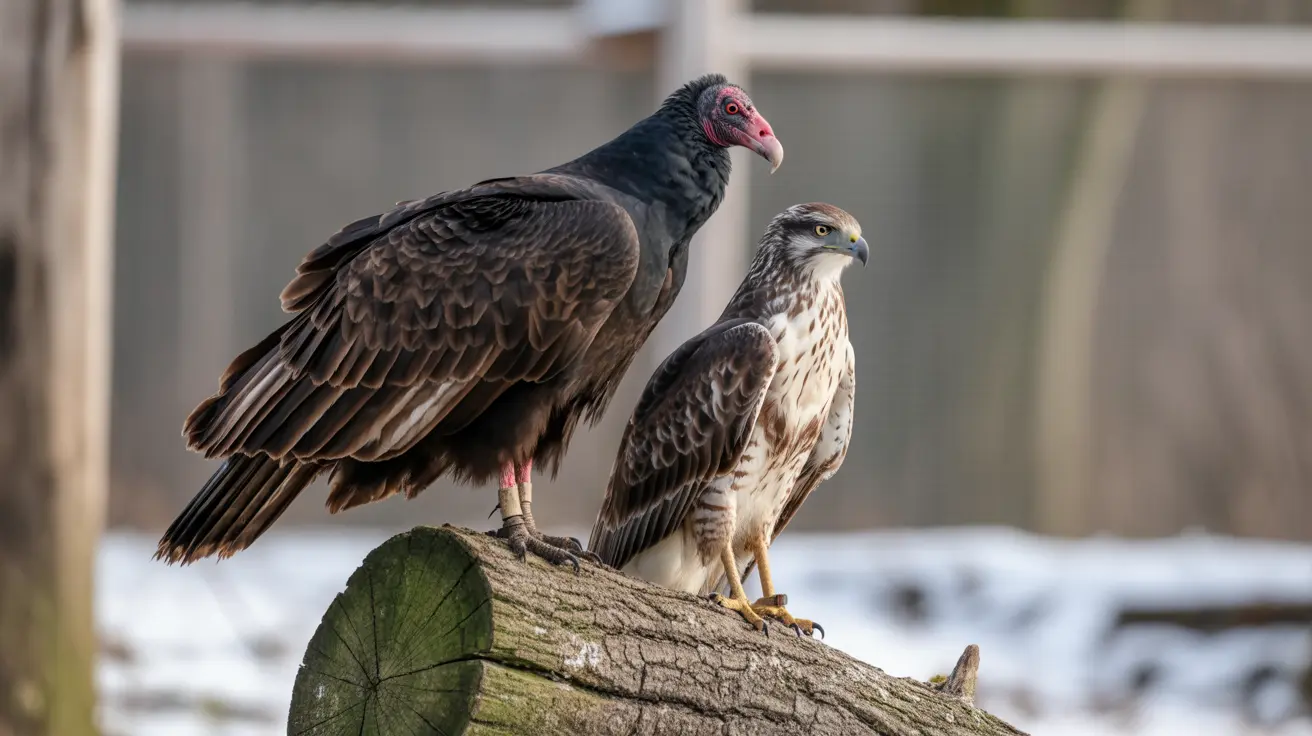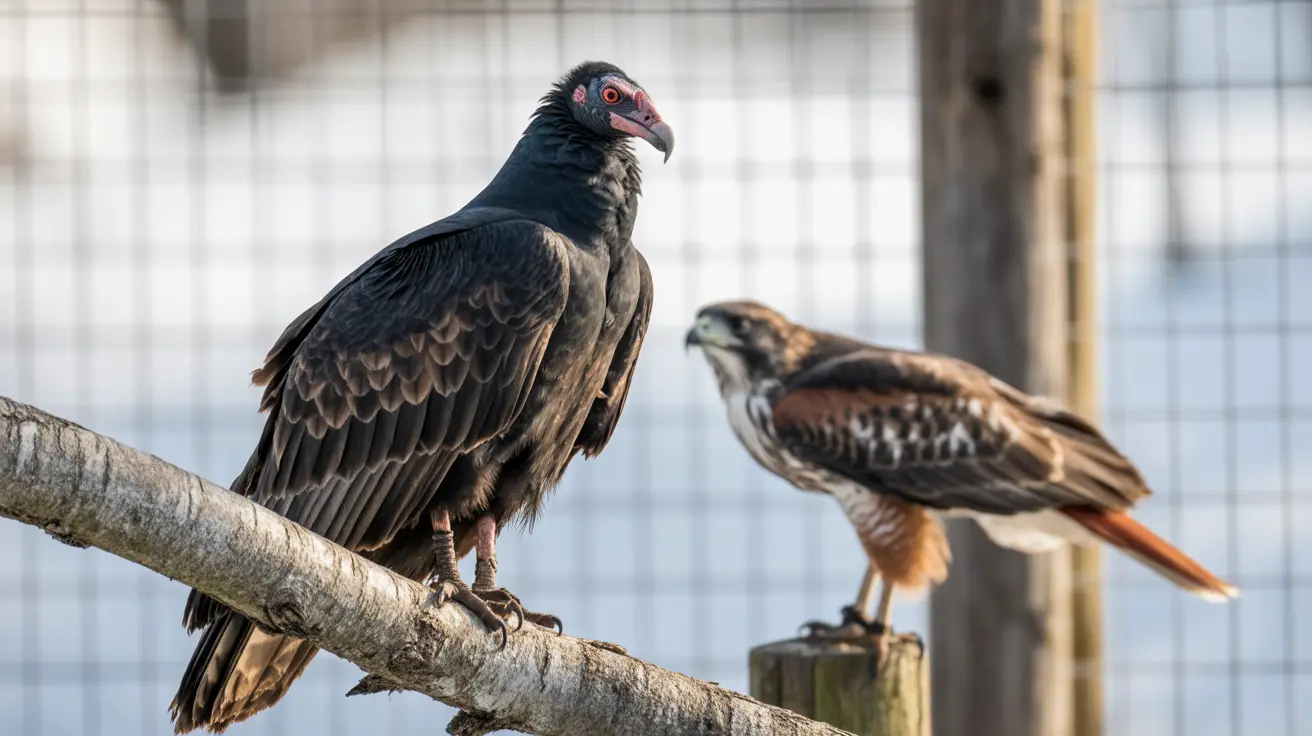The Quietest Dog Breeds: Dogs That Rarely Bark
Not all dogs are loud barkers. Some breeds are naturally quiet, making them ideal for individuals who appreciate a more serene household or who live in densely populated areas like apartment complexes. Though no breed is entirely silent, certain dogs are less prone to excessive barking due to their temperament, breeding history, and unique vocal features.
Why Some Dogs Bark Less
Barking is a natural canine behavior used to communicate attention, warnings, or emotions. However, the frequency and volume of barking vary greatly from breed to breed. Factors influencing this include:
- Breed Purpose: Hunting or guarding dogs may bark more, while sighthounds bred for silent pursuit often bark less.
- Temperament: Calm, laid-back breeds tend to be quieter than excitable or territorial ones.
- Vocal Anatomy: Some breeds like the Basenji have unique vocal cords that produce other sounds instead of barking.
Top Quiet Dog Breeds
Here is a list of dog breeds known for their infrequent barking and quiet demeanor:
- Basenji: Called the "barkless dog," the Basenji makes yodeling or chortling sounds instead of typical barks.
- Greyhound: Gentle and relaxed, these ex-racing dogs are surprisingly quiet and easygoing.
- Whippet: Related to the Greyhound, Whippets are quiet, affectionate, and rarely vocal.
- Borzoi: A large sighthound with a dignified air, the Borzoi barks only when necessary.
- Scottish Deerhound: Calm and noble, this breed is undemanding in nature and barks minimally.
- Saluki: Known for their elegance and independence, Salukis are quiet and reserved.
- Japanese Chin: Cat-like and charming, they rarely bark and prefer to observe quietly.
- Shiba Inu: Usually quiet but may emit a distinctive “shiba scream” when agitated.
- Cavalier King Charles Spaniel: Sweet-natured and friendly, they rarely bark unless needing attention.
- French Bulldog: Low-energy and laid-back, their snorts often replace barks.
- Bulldog: This breed’s stoic demeanor contributes to its overall peaceful, low-vocal personality.
- Saint Bernard: Gentle giants who bark only when truly necessary.
- Great Dane: Despite their size, they are known for being calm and quiet companions.
- Newfoundland: Sweet and placid, they vocalize only when appropriate.
- Mastiff and Bullmastiff: Protective yet generally silent unless there's a real threat.
- Akita: Alert and dignified, barks only in response to actual events.
- Chow Chow: Thoughtful and aloof, a Chow Chow prefers silence unless provoked.
- Shar-Pei: Zen-like in nature, Shar-Peis bark only when something truly warrants it.
- Pug: Although expressive, their vocalizations are limited and often more amusing than disruptive.
- Irish Setter: Energetic but not particularly loud, usually barks only during excitement or play.
Training and Environment Matter
Even quiet breeds can develop problem barking if under mental or physical stress. Proper socialization, exercise, mental stimulation, and training are key to keeping your dog balanced and quiet. A well-adjusted dog is far less likely to bark out of boredom, frustration, or anxiety.
Choosing the Right Quiet Companion
If silence is golden for you, choosing a breed known for limited vocalization is the first step. Be sure to also consider:
- Living situation: Apartment dwellers often benefit from breeds with minimal vocal habits.
- Family dynamics: Noise-sensitive homes or those with young children may find quiet breeds more suitable.
- Exercise needs: Some quiet dogs still require a lot of physical activity or mental stimulation.
In conclusion, while barking is part of canine language, some breeds are inherently quieter and more suitable for peaceful households. Understanding each breed’s traits and providing the right care can help ensure a harmonious relationship between you and your canine companion.





